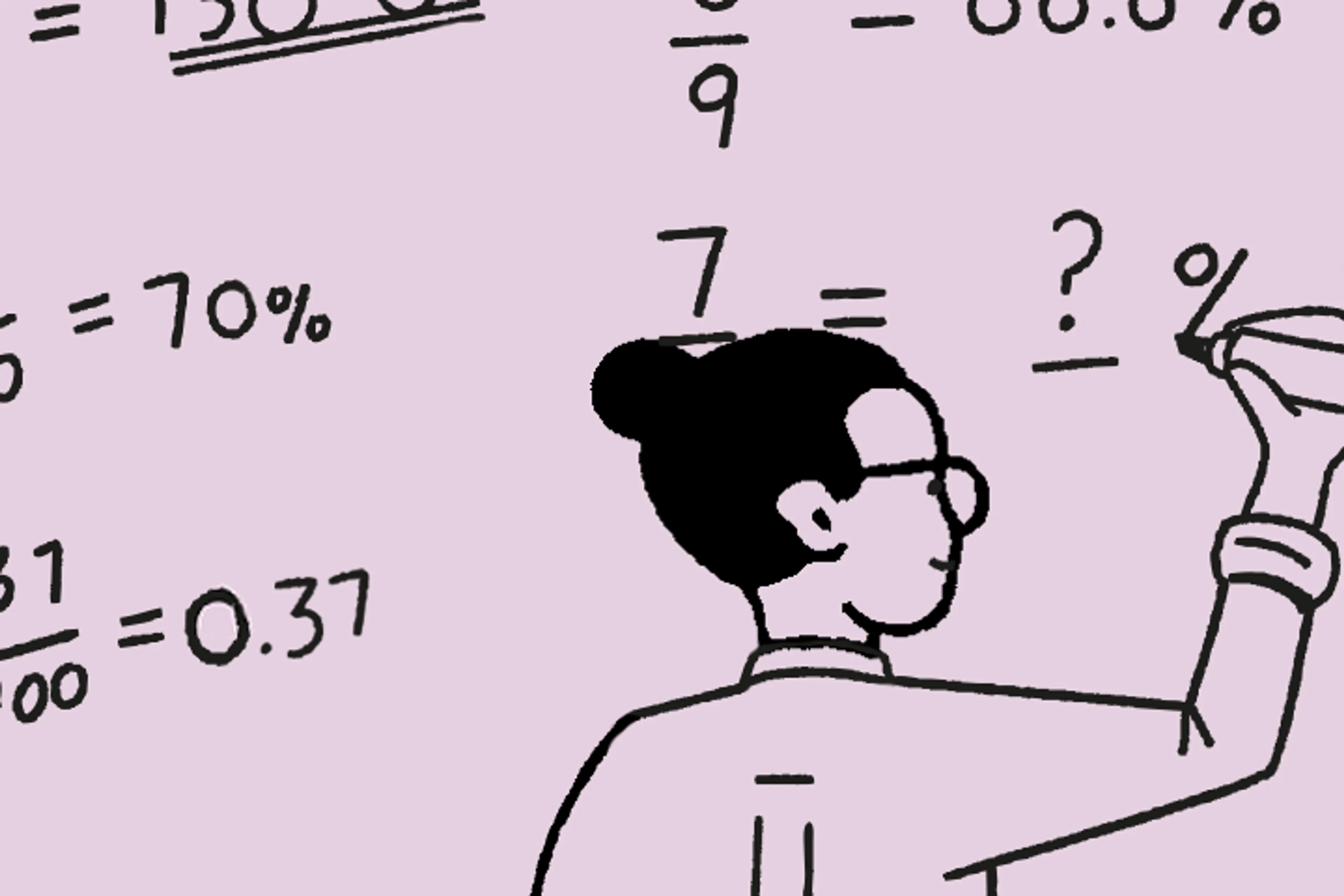Stay up to date
- Oak updates
27 March 2024
Introducing our new curriculum partners
In October, we launched an open procurement process to find our newest curriculum partners. Find out who they are and how they will be shaping Oak's curriculum in this blog.
- Oak updates
27 March 2024
Introducing our art and design curriculum partner
Here you’ll find an introduction to our new art and design curriculum partner and the work they will be doing in the year ahead
- Oak updates
27 March 2024
Introducing our secondary geography curriculum partners
Find out who our new curriculum partners are for KS3 and KS4 geography and how they will be working with us.
- Oak updates
27 March 2024
Introducing our design & technology curriculum partner
Here we introduce our new primary and secondary D&T curriculum partner and explore how we will be working with them



